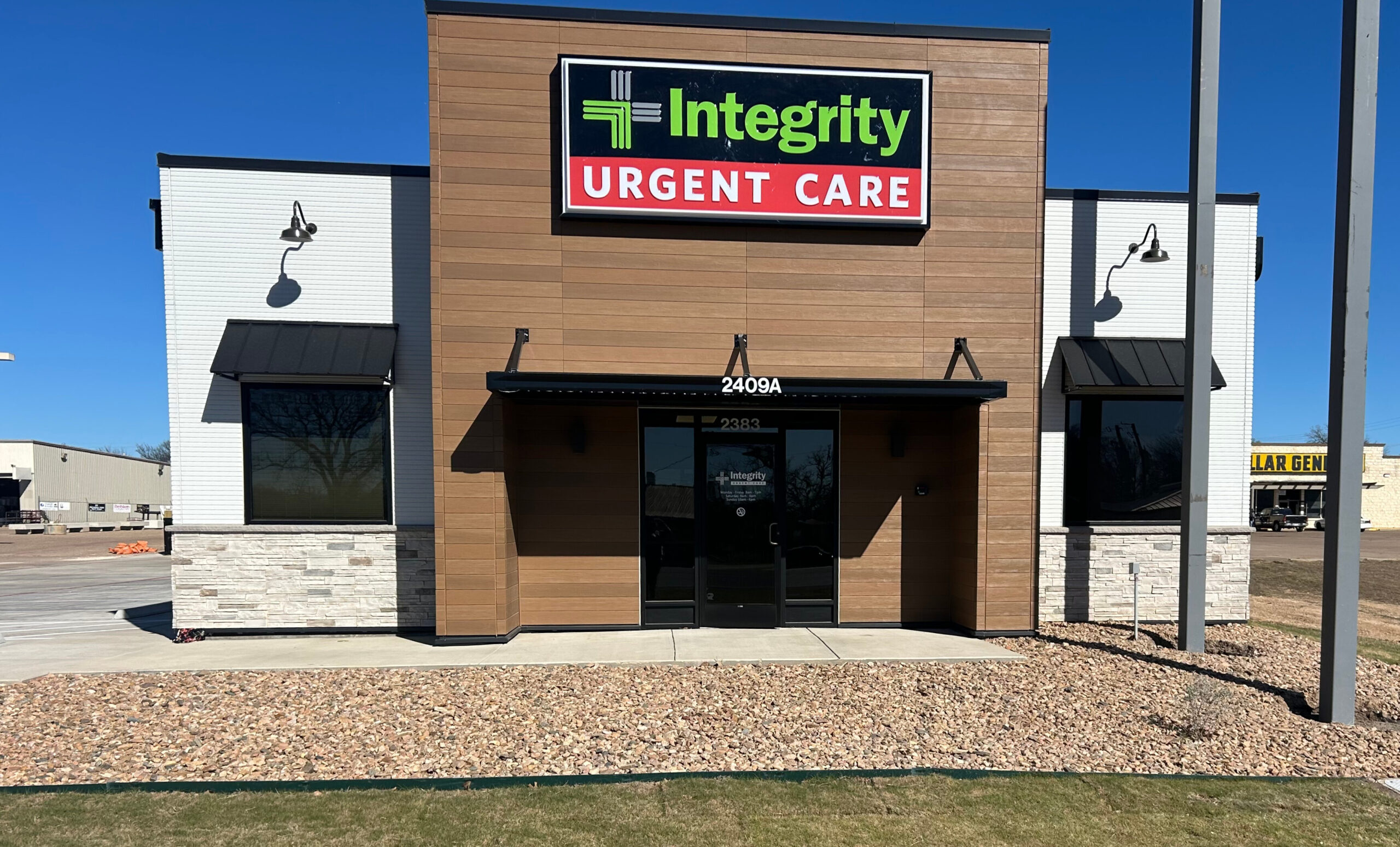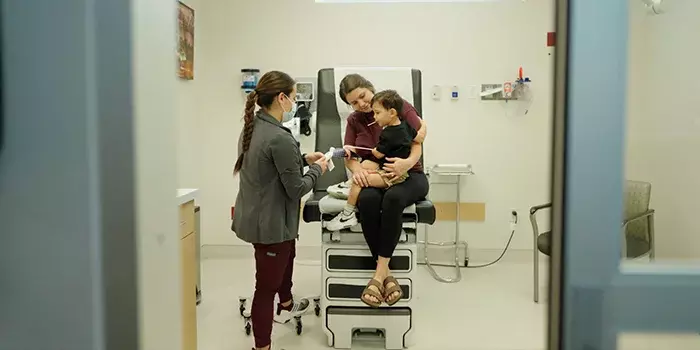Nobody wants to experience medical emergencies, especially not one as potentially serious as a heart attack. This scary situation can be one that takes a loved one away or can lead to emergency surgery to fix the blockage. While we can work hard to make our heart healthier, it is important we know and understand the symptoms and signs of a heart attack in case it happens to us or those we care about. The Integrity Urgent Care team has the advice you need to keep an eye on your heart.
Signs
A heart attack occurs because the arteries that carry blood to the heart have a blockage, reducing and/or slowing the flow of oxygen and nutrients to the heart. A patient may be experiencing signs of a heart attack for longer than they may think if the blockage is smaller. Some signs get written off as muscular or indigestion because of how they feel and where they are located in the body. A sign can be as simple as general discomfort in the chest area which can be a sign of so many other issues or concerns. Additionally, pain, similar to a pulled muscle, specifically in the back or arms, is an earlier sign of an impending heart attack which is also often credited to other causes like too much exercise, moving the wrong way, or sleeping funny.
Symptoms
Chest pressure and pain is the most common symptom of a heart attack. This will vary slightly in how it can be described from person to person. Some may use the word pressure, while others feel a sense of fullness. Pain in the chest is also common. The pain many attribute to muscular discomfort can also radiate up through the neck and jaw or down into the stomach. Some patients may have shortness of breath. The American Heart Association also lists “breaking out into a cold sweat, nausea, or lightheadedness” as being symptoms to look out for. The same group also advises that women are slightly more likely than men to experience the other symptoms in addition to having chest pain.
When to See a Doctor
Every minute counts when it comes to identifying a heart attack. The earlier you can get emergency medical assistance, the better your prognosis might be. Because so many of the signs and symptoms of heart attacks are similar to other issues, they can trick patients and medical personnel alike. According to the AARP, a good measure “is to know that the warning signs of heart trouble are not ‘positional.’ This means that the sprain-like pain in your neck and arm won’t get better if you stretch it…or sweating won’t subside if you take it easy and lie down.” It is important to call for help immediately when you suspect a heart attack. EMS personnel can assist upon arrival at your location and can provide extra care during transportation to the hospital.
Heart health is serious and our medical team can help provide you with a good idea of how your heart is doing and what you may want to look out for. The Integrity Urgent Care team can treat many common issues and concerns at one of our many locations across Texas. Contact us today to learn more.



